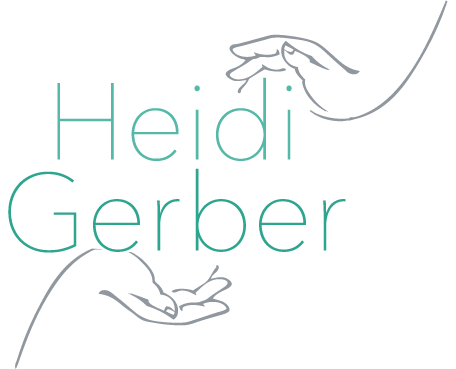Stress is a normal reaction to any taxing situation. However, when this feeling starts to get out of control and turns into chronic stress, it can increase the risk of depression, anxiety, developing heart problems, and wrinkles.
Chronic stress is a serious health concern that can have serious consequences, especially on your skin. Dry skin, acne, and wrinkles can develop on the skin due to certain stress responses.
While even though stress is a part of life, there are ways to handle it, so it doesn’t affect your health.
Read on to learn how stress affects the skin and the best stress management techniques to mitigate them.
Acne
One of the most common ways stress manifests on the skin is acne. Stress releases the hormone cortisol, which stimulates the brain to release another hormone called corticotrophin-releasing hormone (CRH). This hormone promotes oil production from the sebaceous glands around the hair follicles.
This excessive oil production can cause acne.
A study from 2011 also shows that alcohol consumption, lack of sleep, and stress are a few of the acne aggravating factors.
Wrinkles
Stress can cause wrinkles on the skin. This is because stress responses in the body can reduce skin elasticity, leading to wrinkle formation.
Many people also repeatedly furrow their brows which can also form wrinkles on the forehead.
Dry Skin
The outer protective barrier of the skin is packed with lipids and proteins that keep the skin from getting dehydrated. Once this barrier is affected due to stress, it can cause your skin to be itchy and dry.
A review published in Inflammation & Allergy Drug Targets in 2014 showed that stress could negatively impact the skin barrier and even affect skin water retention. This review also revealed that chronic stress could slow down the skin barrier’s natural ability to heal.
Hair Loss and Graying Hair
Numerous studies show that all the nervous activity from stress can reduce melanocytes (cells that produce the pigment that gives your hair its color) and cause the cells to turn gray.
Chronic stress can also inhibit the natural process of growing hair and cause telogen effluvium.
If you’re stressed frequently because of a packed routine and work, it might be time to look into effective stress management services.
This is why Heidi Gerber is here to help. Heidi provides a range of high-quality stress management services in Long Island, including detox massages, lymphatic drainage massage, craniosacral therapy, acupuncture therapy, and more.
Reach out to her today to book a consultation.


